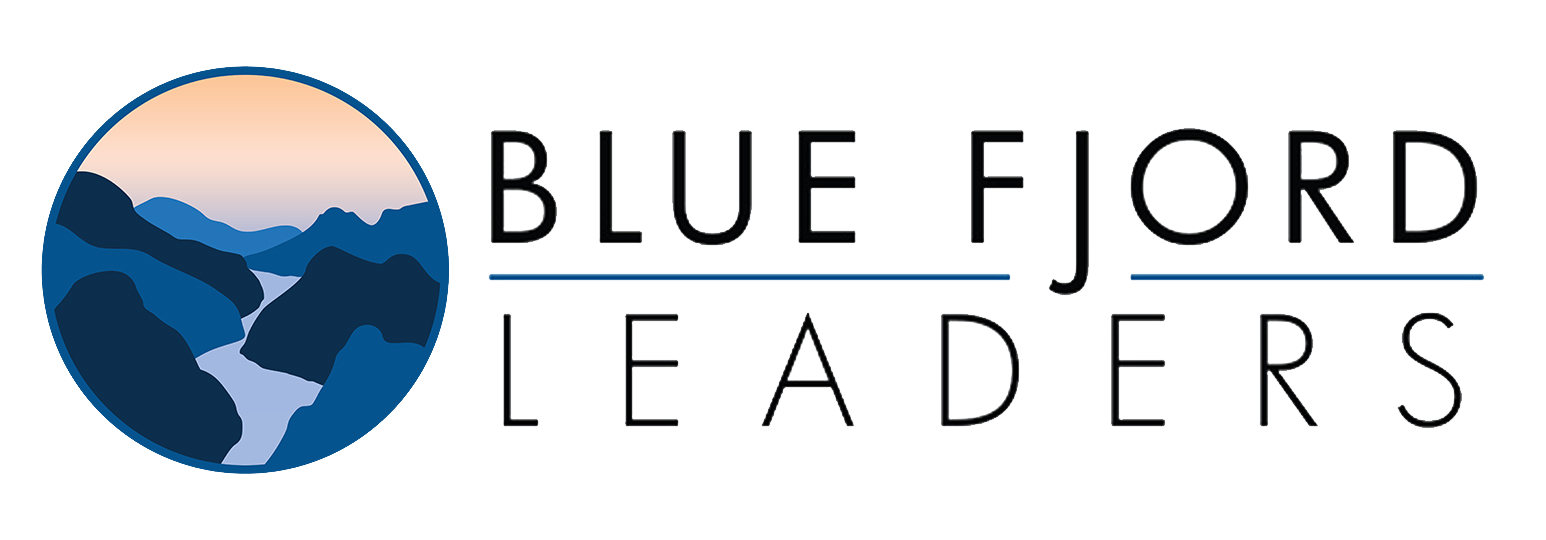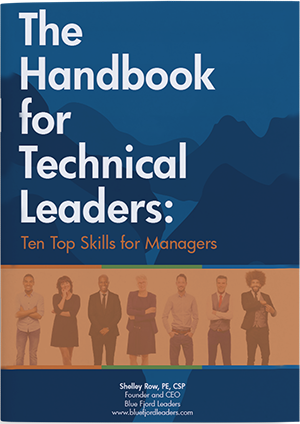It’s another long day at the office. You work late and there is still so much left to do. It’s never ending. You get home late and are up early the next morning. Back at the office to chase down the to-do list. Somewhere along the way, busy-ness became a badge of honor even at the expense of down time and sleep.
Today, a growing body of research points to the essential role that sleeps and rests play in memory. Consider the role of memory in good leadership. You must internalize discussions, and findings from reports, and synthesize trends and events. If you want to lead effectively, memory is essential and sleep and rest are keys to memory consolidation. It’s time to put sleep on your to-do list.
To capture a memory in the brain is similar to capturing an image and converting it to a digital photo. An event happens and the brain captures some elements of the event (using the hippocampus). It is as though the brain converts the event to 1s and 0s in order to move it as a memory to long-term storage (in the neocortical area). This stage in memory development is what scientists call, “memory consolidation.” Your ability to store and retrieve that memory is impacted by the brain’s consolidation process.
The more important finding for leaders is that this process of long-term memory consolidation improves with 1) sleep or 2) awake rest. Your brain continues to process your experiences of the day when you are resting or asleep. Note that “rest” does not include meetings crammed one after another into a long day, answering a cascade of emails, and running from one fire drill to the next. In this context, rest means intentionally taking time out of your busy schedule to refresh your mind and possibly restart your thinking process. In your role as a leader, practicing this will help you come up with better decisions and find solutions to even the most complex problems. This is also true when it comes to sleep. For those who have trouble sleeping at night or do not get enough sleep, vaping cannabis (also read: what are the benefits of vaping cannabis) or ingesting melatonin gummies may help. It is important to get adequate sleep because this can speed up the cognitive process, reduce errors, improve stamina for handling complicated difficult tasks later in the day, and enhance memory retention.
As a leader, your success depends on your ability to synthesize information from a wide range of sources – news feeds, reports, conversations, analyses, and trusted advisors, to name a few. To do that, your brain must capture and retain the key bits of information from all these sources. It must consolidate these into memory. Then it must retrieve and combine that information into realizations that inform your decisions. When you think about it, that’s a lot to ask of a brain. You can take steps to help it perform at its best.
As you take in information, respect the work that your brain is trying to do on your behalf.
Reading. If you are reading an important report or analysis, pause periodically to let the information soak in. Give yourself time to internalize the information and its impact. Even a few minutes will give the brain the opportunity to encode the memory.
Meetings. Budget a 15 minute break after an important meeting to sit with the information that was discussed. Mentally identify the key nuggets of information, implications and impacts. Those few moments tell your brain which pieces of information are worthy of storage – because it will not store everything.
Rest. Memory tests showed significant improvement in recall of an event after post-event rest periods. Give yourself, your brain and your leadership the gift of rest. Take the time to pause for lunch, take a walk, or go for a bike ride. Stop doing and thinking about work several hours before bedtime. Go to bed at a reasonable hour secure in the knowledge that your brain is busy at work. It is encoding the important events of the day; it is consolidating them into long-term storage; it is associating relevant information with the memory so that you can retrieve it later. There’s a lot going on – but only if you give your brain the opportunity.
Prioritize rest and sleep on your to-do list. This one thing will give you more brain power for your leadership.
Now, if you will excuse me, it’s time for my walk.
i. Tambini, Ketz, Davachi. Enhanced Brain Correlations during Rest are Related to Memory for Recent Experiences, Cell Press.
ii. Ibid.





0 Comments